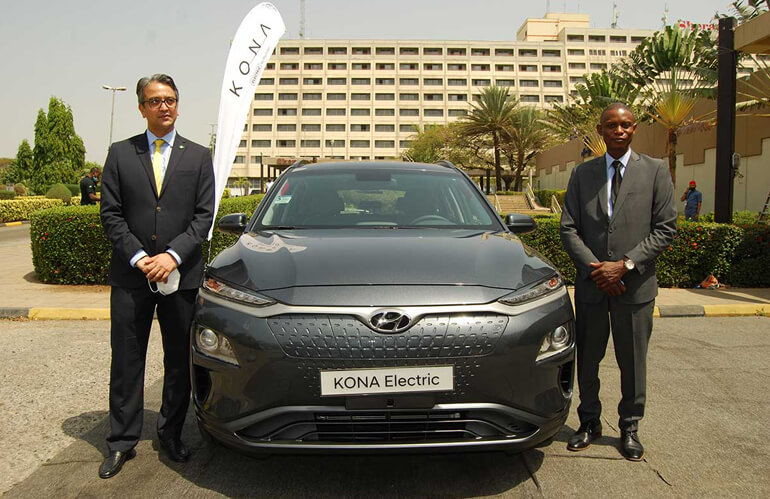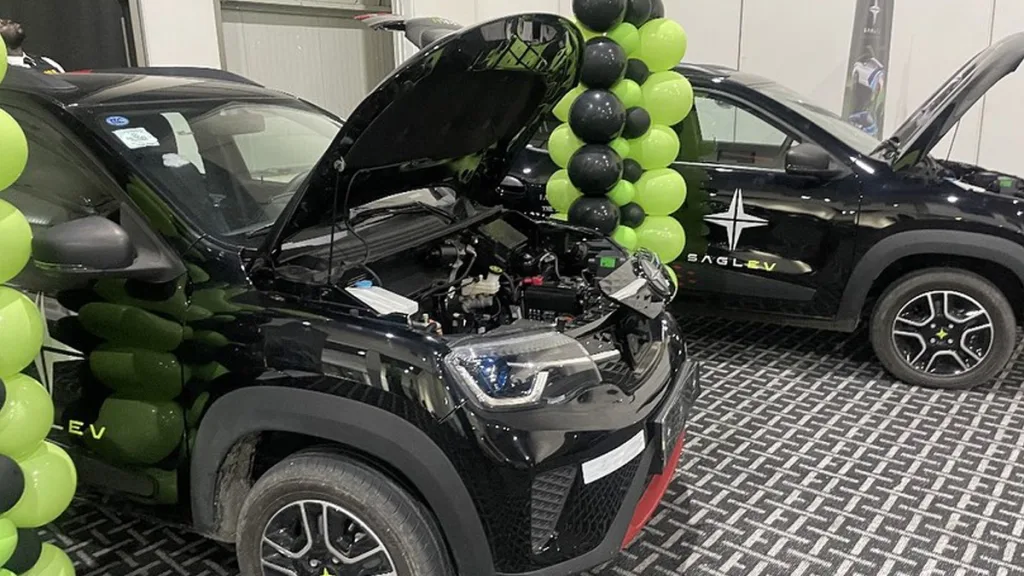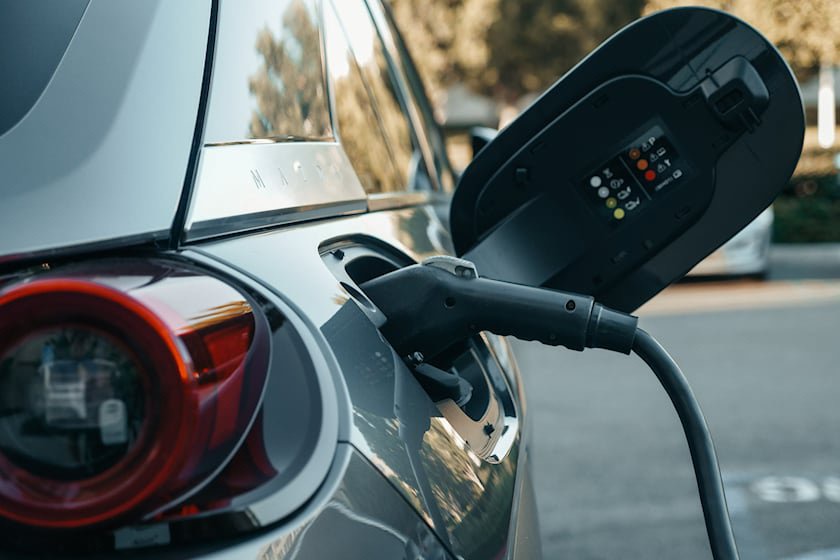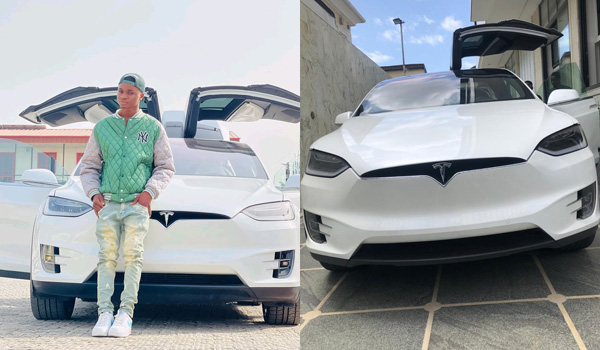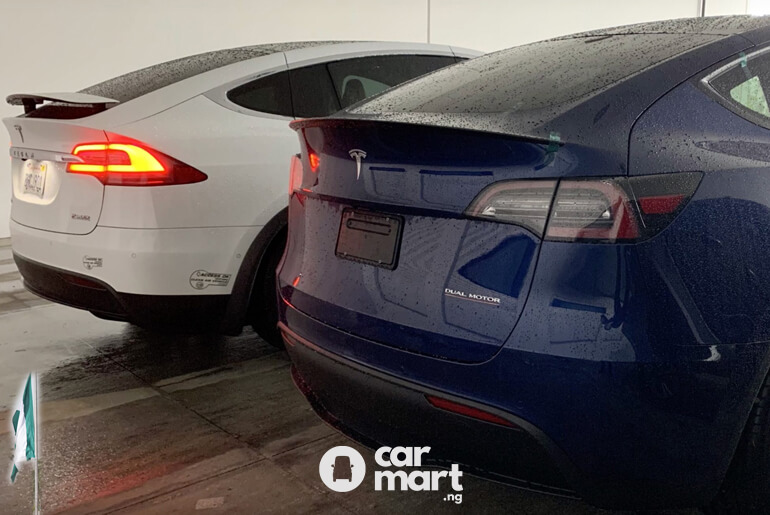The number of available electric vehicles (EV) or plug-in hybrid electric vehicles (PHEV) is growing, and the goal according to manufacturers is to replace their polluting gas-powered cars. These electrified cars, trucks, and crossovers are rising in popularity based on environmental preservation and eliminating the need for harmful emissions.
Table of Contents
However, there are a couple of things to consider before concluding that EVs are the most environmentally friendly option for consumers.
Where do Electric Cars Get Their Energy?
Although EVs create no emissions on board, they typically draw power from lithium-ion batteries. These batteries require charging, either at home or via a publicly accessible charging station.
Further, the EV charging infrastructure is reliant on the power grid. Specifically, the grid draws power from plants like coal plants. So, although your EV does not produce any harmful emissions as you drive it, burning fossil fuels is involved in fueling it. Charging during a different time of day can reduce harmful emissions from power plants
As a result, a simple measure to clean up charging is to charge a vehicle during the day. However, that depends on the practices of your regional power utilities.
Does Temperature Affect EV Battery Life?
Temperature extremes like excessive cold or heat can dramatically reduce lithium-ion battery life. The most extreme cases of cold will compromise efficiency by as much as 40%. The decreased efficiency is an issue if the power stored in the battery packs of EVs is sourced from fossil fuel burning.
Does EV and PHEV Manufacturing Create Greater Emissions than the Vehicles Are Worth?
No, battery and EV manufacturing is not so harmful to the environment that it offsets the benefits of ownership. A Studies states that while the manufacturing process increases the vehicles’ environmental impact, the superior efficiency of an EV or PHEV will offset the emissions over time.
Furthermore, metals such as lithium and cobalt are wrapped up in environmentally and socially questionable processes. However, reports are that EVs are still more environmentally friendly over a vehicle’s lifetime than gas-powered alternatives.
Are Electric Vehicles Good for City Driving?
EV and PHEV battery efficiency is dependent on many factors, including the type of driving. Electric vehicles have the potential to reduce emissions when used in urban driving conditions drastically.
They are especially efficient when compared to gas-powered vehicles in commuting situations. However, P EVs and PHEVs are closer to the harmful emissions of gas-powered alternatives at highway speeds.
So are Electric Vehicles Greener than Gas-Powered Vehicles?
While there is no one perfect solution to environmentally friendly transportation, EVs and PHEVs are a step in the right direction.
In general, electric vehicles are more environmentally sound throughout a vehicle’s lifetime than gas-powered alternatives. In addition to efficiency during ownership, manufacturing concerns fail to offset the overall environmental benefits of EVs.
Have 1 million naira and above to Buy or Sell Cars In Nigeria? Check carlots.ng
All rights reserved. Reproduction, publication, broadcasting, rewriting, or redistribution of this material and other digital content on carmart.ng is strictly prohibited without prior express written permission from Carmart Nigeria - Contact: [email protected]

